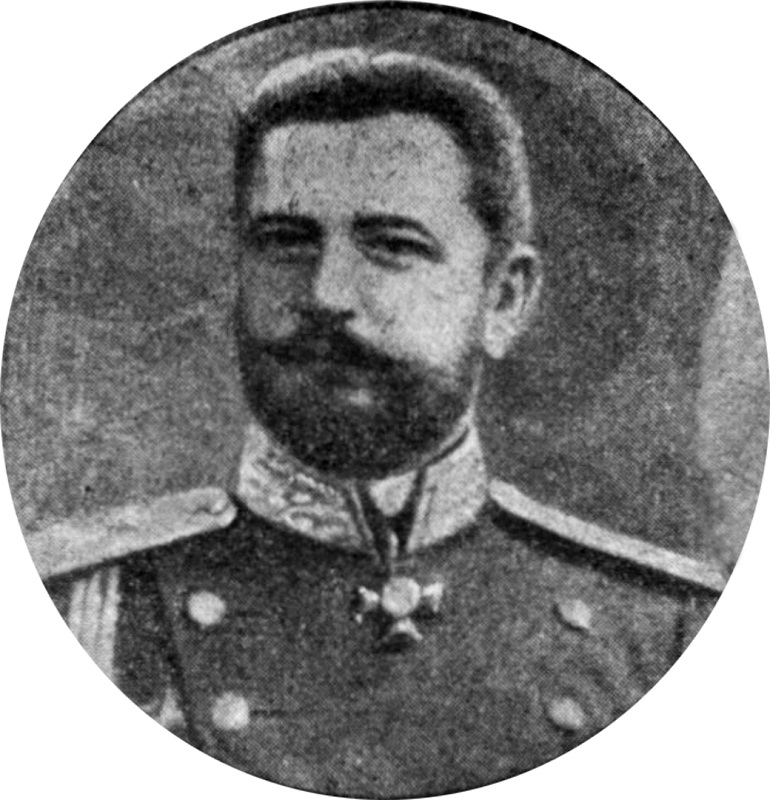
Pleshkov, Mikhail
 Mikhail Pleshkov (1856–1927) was a military leader in the Russian imperial army and cavalry general. He was born in the village of Nikolaev, Siberian Cossack troops, in the family of nobles from Mogilev province. He graduated from Voronezh Military Gymnasium (1874), the 1st Pavlovsk School, Nikolaev Cavalry School (1876) and Nikolaev Military Academy (1884). He was one of the few Belarusian-born military leaders who had the highest rank of general by the beginning of the First World War. In May 1912, he became the head of the 1st Siberian Army Corps, with which he fought almost the entire war. In February 1916 , the enormous forces of the 1st Siberian Army, the 1st and 27th Army, and the 7th Cavalry Corps were united under the command of Pleshkov. This strike force was to play a decisive role in the Naroch offensive, which ended in failure. Since the Great Retreat of 1915, this was the first attempt of the Russian armed forces to defeat the enemy and drive them out of the territory of Belarus. This operation was headed by Ragoza.
Mikhail Pleshkov (1856–1927) was a military leader in the Russian imperial army and cavalry general. He was born in the village of Nikolaev, Siberian Cossack troops, in the family of nobles from Mogilev province. He graduated from Voronezh Military Gymnasium (1874), the 1st Pavlovsk School, Nikolaev Cavalry School (1876) and Nikolaev Military Academy (1884). He was one of the few Belarusian-born military leaders who had the highest rank of general by the beginning of the First World War. In May 1912, he became the head of the 1st Siberian Army Corps, with which he fought almost the entire war. In February 1916 , the enormous forces of the 1st Siberian Army, the 1st and 27th Army, and the 7th Cavalry Corps were united under the command of Pleshkov. This strike force was to play a decisive role in the Naroch offensive, which ended in failure. Since the Great Retreat of 1915, this was the first attempt of the Russian armed forces to defeat the enemy and drive them out of the territory of Belarus. This operation was headed by Ragoza.
He was mustered out by soldiers and enlisted in the reserve of officers at the headquarters of Minsk military district (1917). On 23 and 24 August 1918, Pleshkov led the White Guard attempt at an armed coup in Vladivostok. He participated in battles at the eastern front of the Civil War and held a post of Chairman of the Committee on Assistance to the Russian Disabled (1919).
Honors:
St. George’s Weapons (1914);
Order of St. Vladimir 2nd degree with Swords (1915);
Order of St. George 4th degree. (1915);
Order of the White Eagle with Swords (1915);
Order of St. Alexander Nevsky with Swords (1916).

